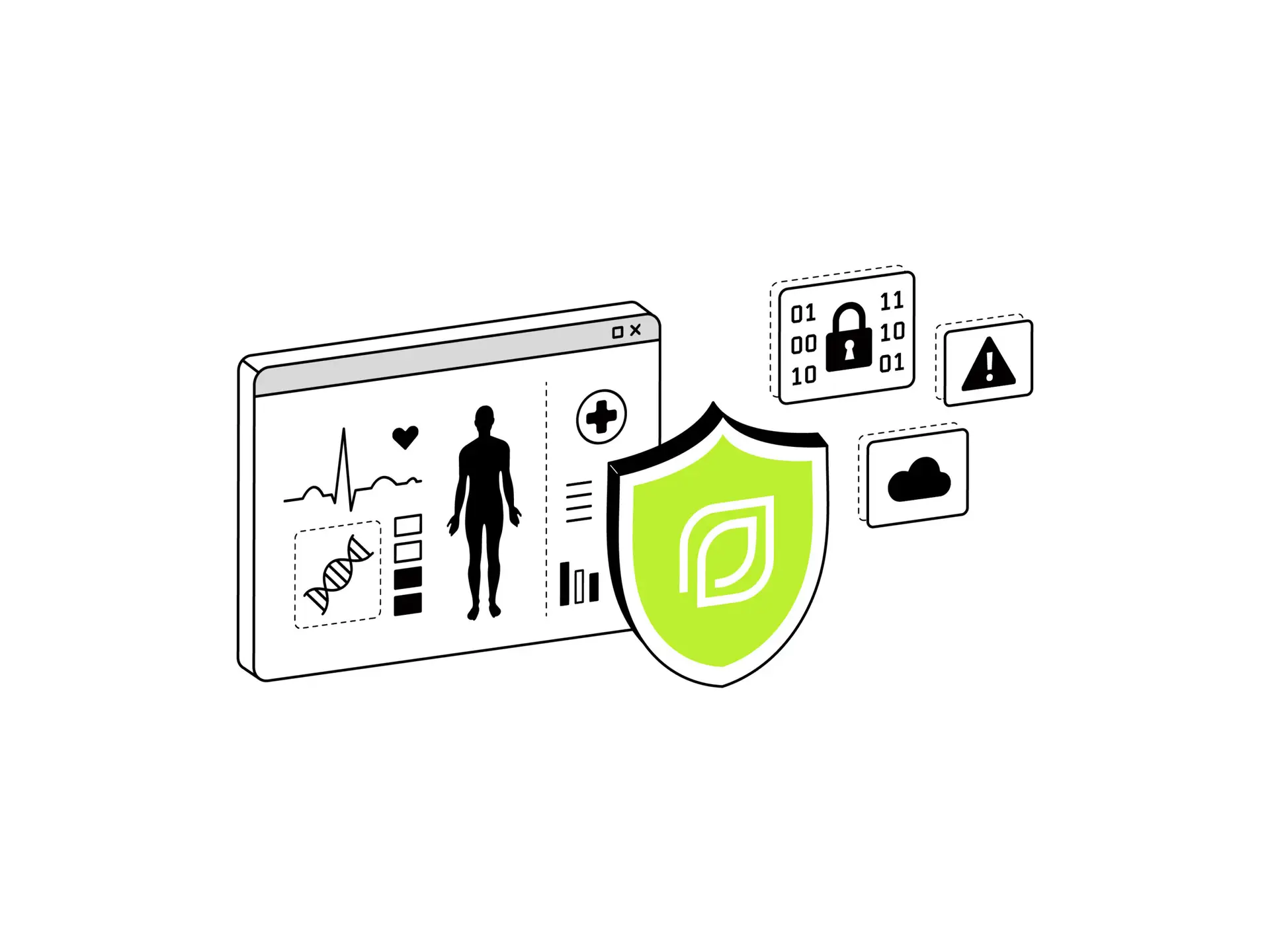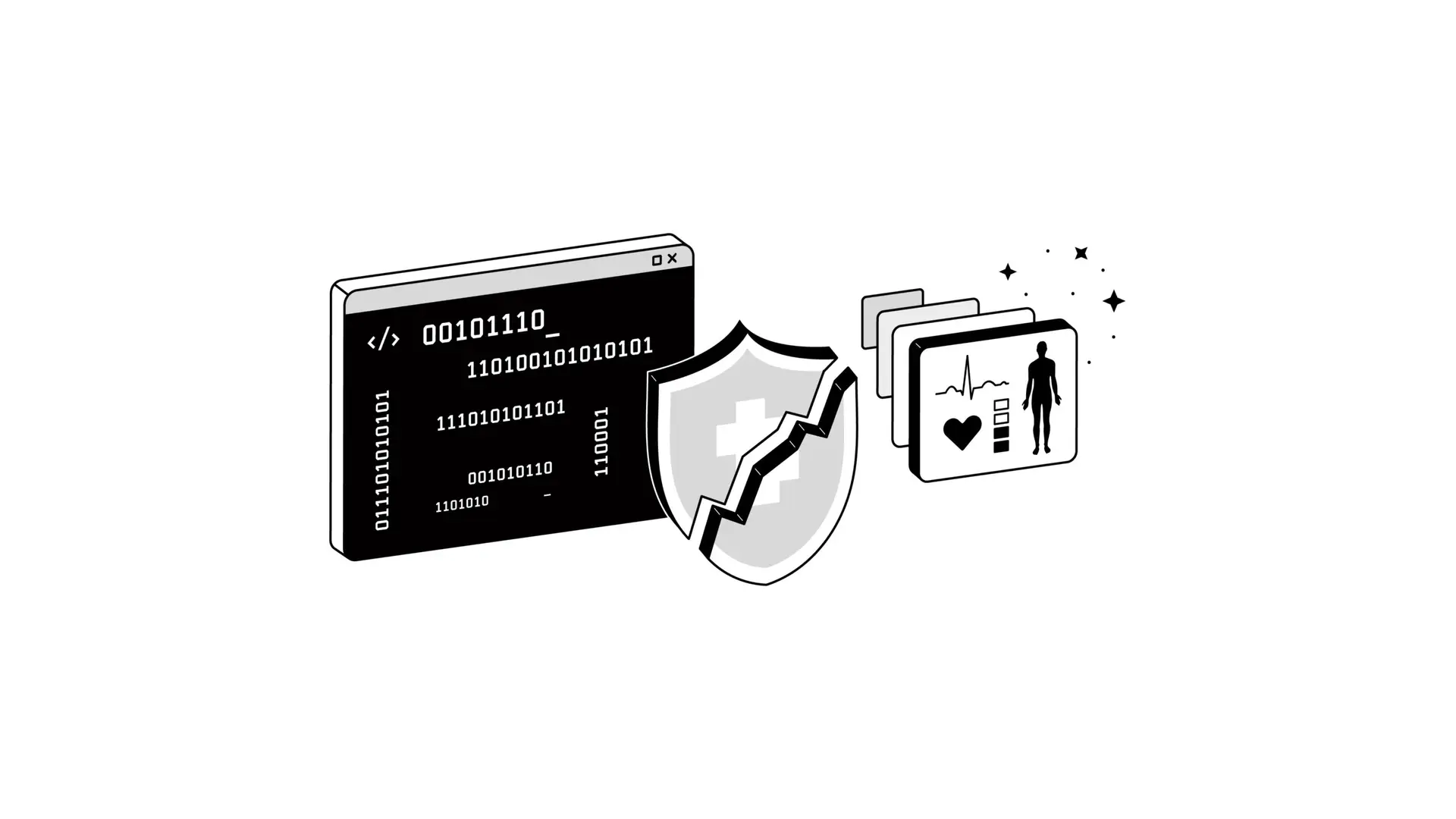If you're wondering why the industry is suddenly so vulnerable, and what this means for the future, you're not alone. Let's dive into the reasons behind this alarming rise and explore where it might lead.
Why Healthcare?
Healthcare data is incredibly valuable. We're not just talking about social security numbers or credit card information—health records include everything from your medical history to your genetic information. This data can be sold on the dark web for a premium, making healthcare providers prime targets for cybercriminals. But it goes even deeper, hackers often seek specific individuals' health data, using it as a tool for highly targeted social engineering attacks. For example, if a cybercriminal wants to target you, he can purchase your health records and related email reference and with this detailed and personal information, he can then craft sophisticated schemes that may be difficult to detect and defend against.
But the issue goes beyond just the value of the data. The healthcare sector has been very slow in adopting cybersecurity measures, in part due to the lack of funding. Many hospitals and clinics still operate on outdated systems like Windows 95 because of old applications still being used to this day, they are also heavily unmanned when it comes to their IT Services in general, be it internal or external. This leaves gaping vulnerabilities. Moreover, the rapid digitization of healthcare spurred by the push for electronic health records and telehealth services, has often outpaced the implementation of necessary security protocols. It's like moving into a new house before the locks are installed.

The Real-World Impact
So, what happens when these breaches occur ? For starters, patients are put at risk. Personal health information can be used for identity theft, leading to financial loss and emotional distress. Imagine finding out someone has racked up medical bills, took out loans or committed insurance fraud in your name. It would be a very difficult situation and would require much time and effort to recover from and would leave you extremely vulnerable.
For healthcare providers, the consequences are equally severe. Beyond the immediate financial penalties, there's a long-term loss of trust. Patients expect their most sensitive information to be protected. When that trust is broken, it can take years, if not decades, to rebuild.

The Domino Effect
The targeting of the healthcare sector is not new however the rise in the number and frequency of data breaches are leading to a cascade of problems. Here’s what we might be facing:
Governments are likely to respond to the rise in healthcare data breaches by imposing tighter controls and higher fines, which will force healthcare providers to significantly enhance their security measures. However, this comes with substantial costs, and not all providers will have the financial capacity to afford these necessary upgrades, especially the publicly funded ones where the quality of service will probably keep getting worse due to the lack of structure and funding.
As security becomes a top priority, the overall cost of healthcare could rise. Implementing advanced cybersecurity measures is expensive, and these costs might ultimately be passed on to patients.
In more alarming scenarios, a cyberattack could disrupt a hospital’s ability to respond to public health crises, potentially hindering global health efforts, especially during pandemics. The idea that healthcare data could be weaponized for bioterrorism is not far-fetched. Stolen genetic data could be misused to target individuals or specific groups based on their biological traits, adding a dystopian dimension to the risks associated with healthcare data breaches.
What’s Next?
The healthcare sector is at a crossroads. To prevent the worst-case scenarios, the industry needs to act fast. This means investing in modern, scalable cybersecurity solutions that can grow with the organization. It also means training staff to recognize and respond to cyber threats.
At Pvotal, we understand the challenges facing the healthcare sector. Our approach to cybersecurity is built on the principles of security, scalability and reducing liabilities. We believe in a "security-first" approach, where protecting sensitive information is at the core of everything we do. By integrating advanced cybersecurity measures like proactive threat analysis and encryption into our cloud platforms, we help healthcare providers safeguard their data against emerging threats.
Conclusion
The rise of data breaches in the healthcare sector is a wake-up call that cannot be ignored. The potential ramifications—from financial loss to global health risks—are too significant to brush aside. It’s time for the healthcare industry to prioritize cybersecurity, protect patient data, and rebuild trust. The road ahead is challenging, but with the right approach, it’s one we can navigate together.
Let's secure the future of healthcare—starting now.
